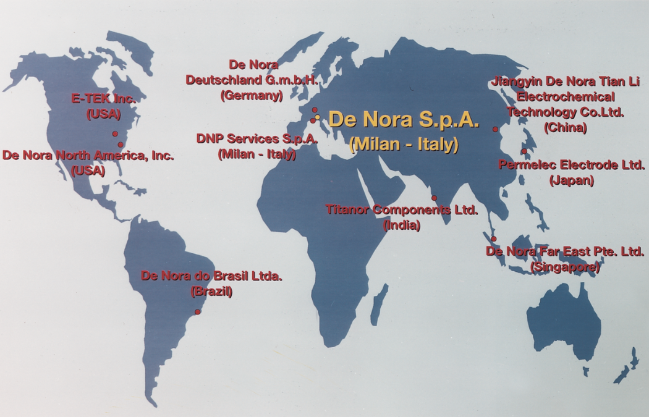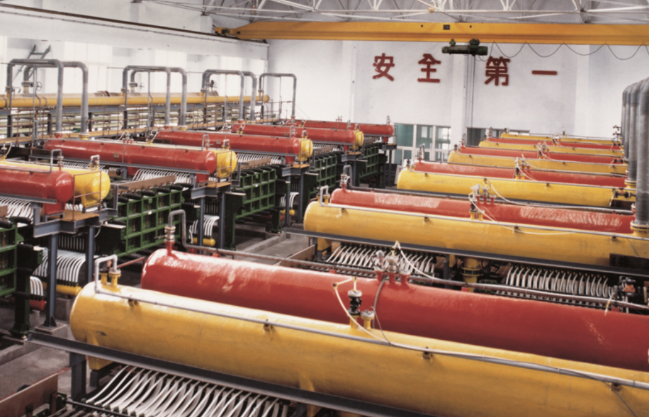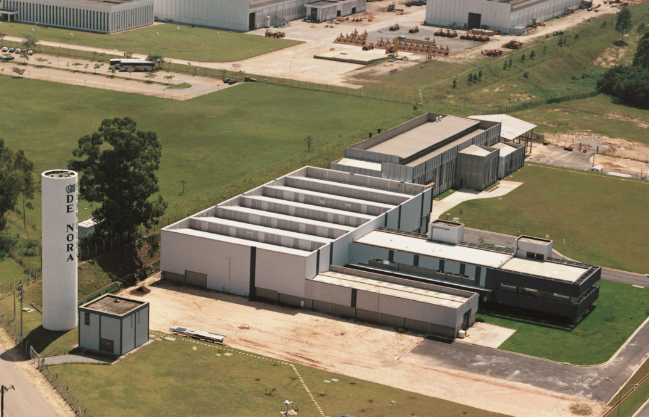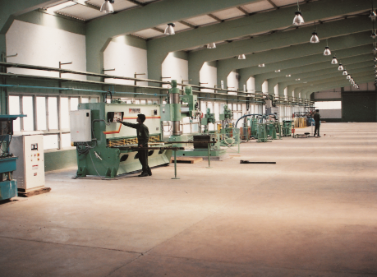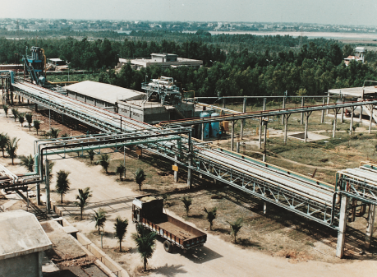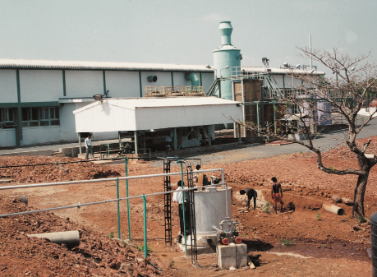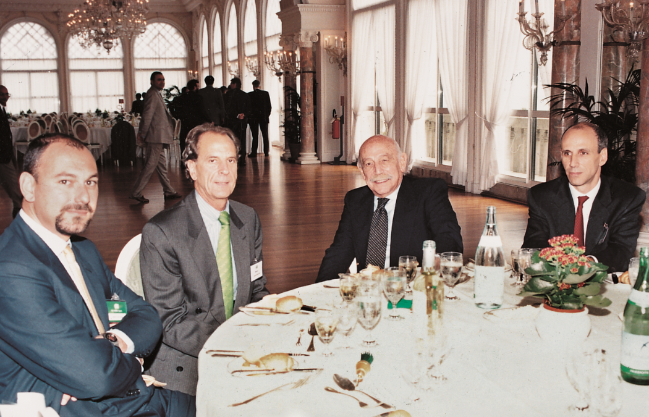In Niccolò De Nora's vision, Brazil assumed a fundamental strategic importance for controlling the South American area. It was the early 1980s and the country was governed by a rigid protectionist system, making it impossible for a company with foreign capital to open directly. Niccolò De Nora managed to work out an agreement directly with the government and founded De Nora do Brasil in 1983. During the 1990s, the company grew considerably, dominating the metal anode industry in Brazil and South America.
In the same period, the Group was also interested in the Indian and Asian markets. India was a very populous country with a relatively developed electrochemical industry and great potential for growth in both the membrane and diaphragm cell sectors. Politically, the Indian market was also governed by a strict system of protectionist regulations, which made it necessary for local partners to be present when setting up capital companies. Niccolò De Nora identified the ideal partner in the Swedish company Swedish Match, which had been producing matches in India for many years. Out of the agreement came "Wimco," which started producing DSA® anodes and operated with excellent results. Then, gradually, the Swedish partner began to lose ground, weakened by the growth in the consumption of lighters. While the company sustained itself thanks to the forces of the Italian Group, Niccolò De Nora made a trip to India. In 1989 he founded the new electrochemical company Titanor Components in Goa, which, within a short time, was listed on the stock exchange. This was the first time in the history of the De Nora Group, a debut in many ways forced by Indian laws but marked by significant success.
